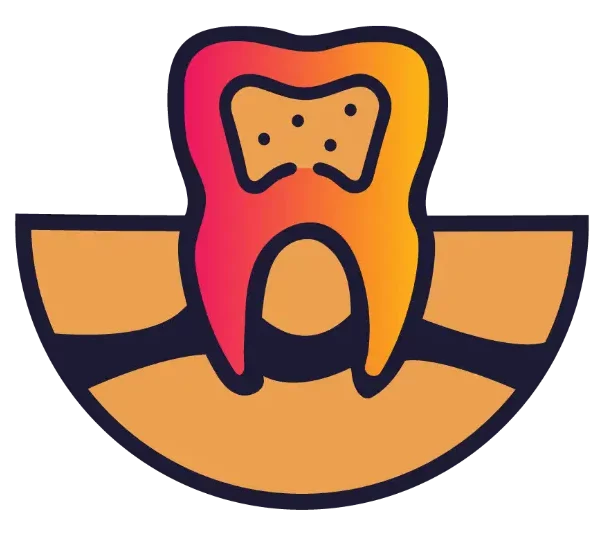

Our general dentistry services aim to bring back the natural function and beauty of your smile, dealing with everything from tooth decay to damaged teeth. By visiting our page, you’ll learn about our comprehensive, individualized approach, ensuring that every treatment, be it fillings, crowns, or implants, aligns with our guiding principle – Would we do it on ourselves?



To those who know what they’re looking for, the inside of your mouth paints a detailed picture of what’s going on in the rest of you. The digestive tract starts in the mouth and is the gateway to the body. We do not treat the mouth as a separate entity from the body, but instead look to the mouth for clues with what’s going on with the rest of your body.
The American Academy for Oral Systemic Health reports that periodontal disease may increase the risk of developing Alzheimer’s disease, with one study finding that people with gum disease had a 70% higher risk of cognitive impairment.
Source: American Academy for Oral Systemic Health. “The Oral-Brain Connection.”
The American Academy for Oral Systemic Health reports that poor oral health can increase the risk of respiratory infections, including pneumonia, with studies showing that people with gum disease are more likely to develop lung infections.
Source: American Academy for Oral Systemic Health. “The Oral-Systemic Connection: Respiratory Infections.”
The American Diabetes Association reveals that about 95% of Americans with diabetes also have periodontal disease, which lowers gylcemic control.
Source: American Diabetes Association. “Oral Health and Hygiene.”
Heart attack and stroke are the #1 causes of death in the USA, claiming more lives than all cancers combined. Up to 50% of heart attacks and strokes are triggered by oral pathogens. Coronary heart disease patients risk of death increases with every tooth loss.
Source: American Academy for Oral Systemic Health. “Heart Disease and Oral Health: The Connection.”
The 2009 Osteodent study measured the bone density of 651 women. Researchers found that women with osteoporosis tended to have three fewer teeth on average than the women who didn’t have the health condition. As osteoporosis progresses, your jawbone also weakens and loses some of its density. When the jawbone weakens, teeth begin to lose some of their stability. These jawbone changes may affect the alignment of teeth, which may damage their roots and cause oral health complications.
Source: Source: Journal of Clinical Periodontology”
Women with severe periodontal disease were found to have seven times the risk of giving birth early as women who had healthy gums. They also had seven times the risk of having a baby with a low birth weight. Oral bacteria traveling through the bloodstream have been found to cause stillbirth
Source: American Academy for Oral Systemic Health.


Dr. Susan Gross, a dedicated healthcare professional, graduated from the University of Minnesota in 1978 with a bachelor of science degree in Medical Technology. Fascinated by direct patient interaction and building trust, she sought a career path that allowed her to establish relationships with patients.



Ruthy Thao, a graduate of the University of Minnesota in 2014, holds a bachelor’s degree in Biology with a focus on public health. With a strong scientific background and a passion for exploring various healthcare fields, she has gained valuable experience in diverse healthcare settings.